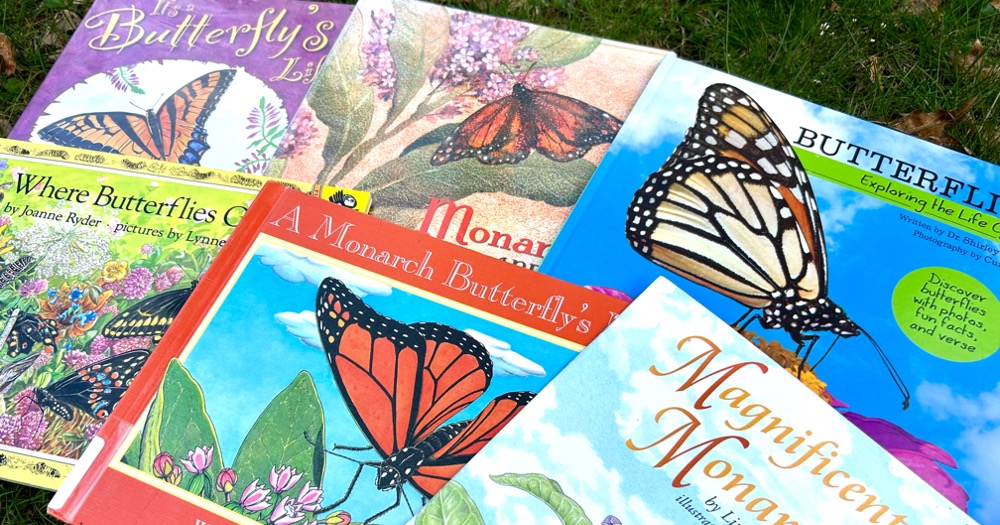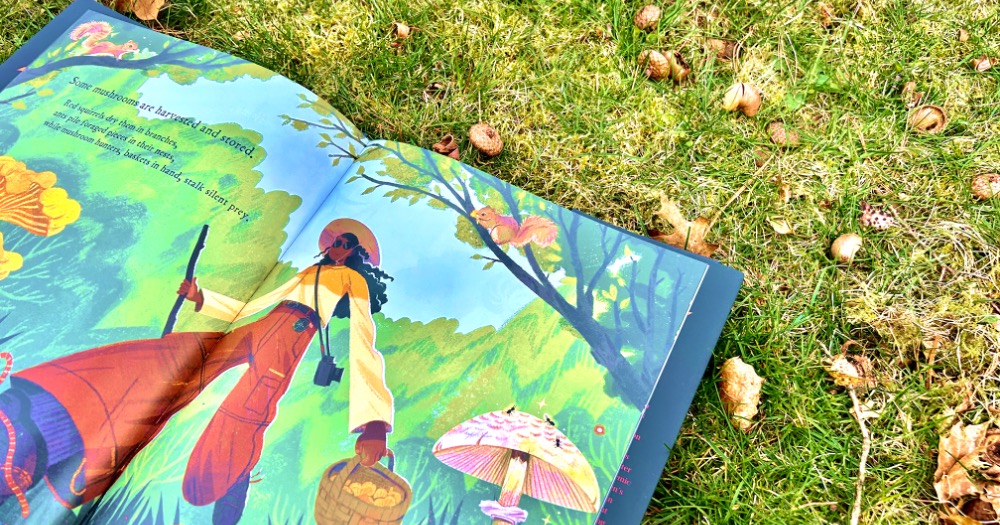Affiliate disclosure: As an Amazon Associate, I may earn commissions from qualifying purchases from Amazon.com. This is at no extra cost to you. If you’d like to learn more, check out my disclaimers page. Teaching with Phenology Organizing science standards with phenology in mind can truly benefit your students’ overall learning. Not only does it encourage the […]
![10 Best Nature Apps to Use in the Elementary Classroom [Ep. 10]](https://www.naturallyteaching.com/wp-content/uploads/2024/07/episode-10-header-990x630.png)
Podcast
10 Best Nature Apps to Use in the Elementary Classroom [Ep. 10]Best nature apps We’ve made it to the 10th episode of this podcast! Statistics show that more than 80% of podcasts don’t make it to this point, so to celebrate, I’ve put together a list of the 10 best nature apps that I use for teaching elementary students. 🥳 All of these apps have free […]
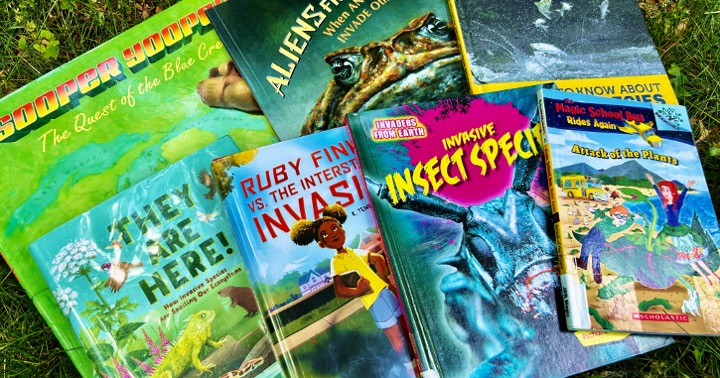
Picture Books
7 Invasive Species Books to Read in the Elementary ClassroomAre you looking for a way to introduce invasive species to your elementary students? The concept of invasive exotic species can be challenging for young students to understand. Picture books are an amazing way to learn about the world and can be an invaluable tool for introducing children to scientific skills and concepts. This list […]
![Learning Gardens: Creating Dynamic Outdoor Classrooms with Victoria Hackett [ep. 8]](https://www.naturallyteaching.com/wp-content/uploads/2024/07/learning-gardens-header-990x630.png)
Podcast
Learning Gardens: Creating Dynamic Outdoor Classrooms with Victoria Hackett [Ep. 8]Learning gardens I am so excited to be able to offer you a guest interview all about teaching with gardens! My experience is with wild ecosystems, but Victoria Hackett from Outdoor Classrooms has researched teaching gardens across the U.S. Through this research, she developed a framework of 4 different types of gardens that can be […]
![10 Science Activities for Elementary Students That Aren't Experiments [Episode 1]](https://www.naturallyteaching.com/wp-content/uploads/2024/05/science-activities-for-elementary-students-header-episode-1-990x630.png)
Podcast
10 Science Activities for Elementary Students That Aren’t Experiments [Ep. 1]Affiliate disclosure: As an Amazon Associate, I may earn commissions from qualifying purchases from Amazon.com. This is at no extra cost to you. If you’d like to learn more, check out my disclaimers page. Science activities for elementary students Science activities for elementary students are often thought to be limited to experiments. As children that grew up […]
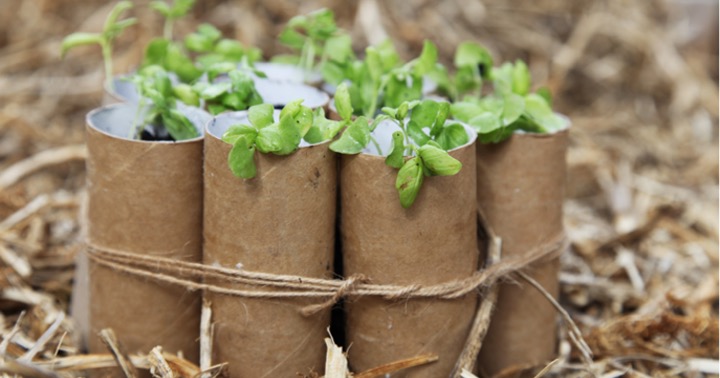
Science
Reusing Recyclables: 10 Science Tools to Make for StudentsReusing recyclables to make science tools could be the difference between your students repeating scientific information and actually understanding it. Let me give you an example: one day I was coaching a 3rd grade teacher on how to use mineral testing kits that I brought for her students to try. The school had textbooks about […]
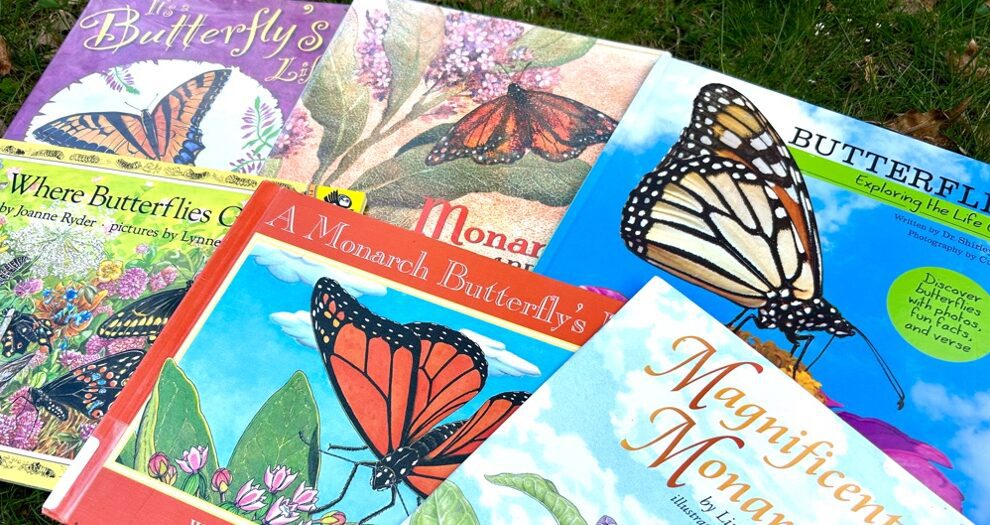
ELA
Picture Books
How Butterflies Grow: 8 Picture Books About Butterfly Life CyclesButterflies are a hot topic for students and teaching about how butterflies grow can be a great way to tie their interests into the standards. If your district uses the Next Generation Science Standards (NGSS), 3rd graders are supposed to “develop models to describe that organisms have unique and diverse life cycles but all have […]
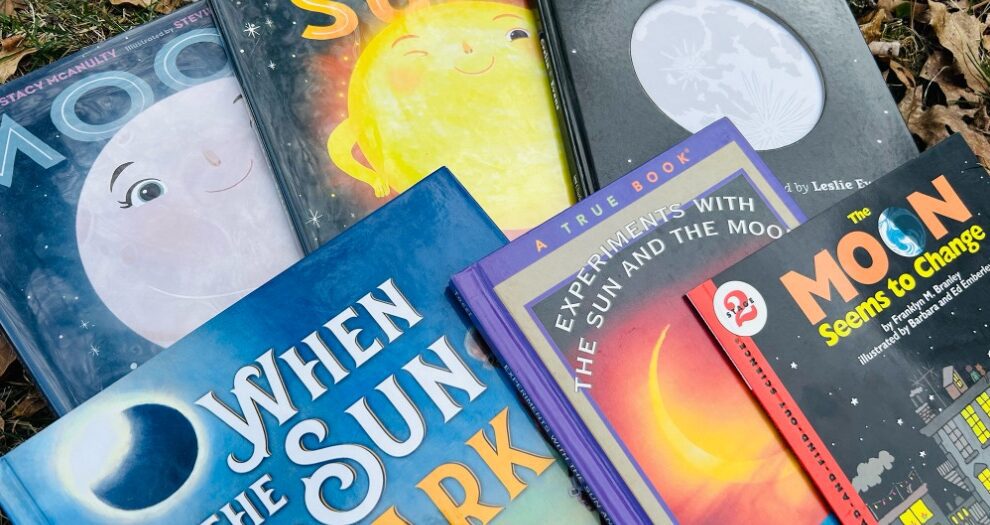
ELA
Picture Books
12 Stellar Books About the Moon, Sun, and EclipsesAre you looking for a way to get ready for the upcoming solar eclipse or to get a better understanding of the moon and sun? Picture books are an amazing way to learn about the world and can be an invaluable tool for introducing children to scientific skills and concepts. This list of books about […]
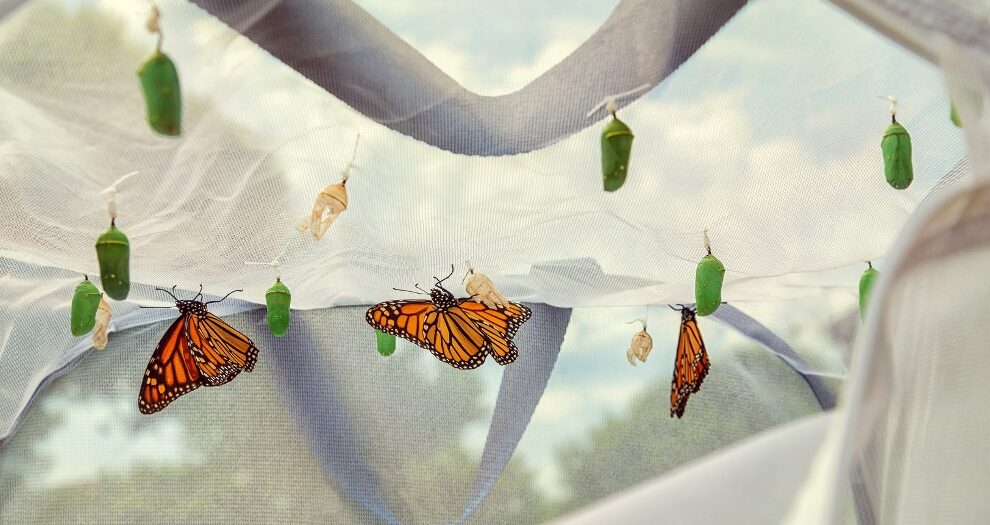
Science
A Raising Butterflies Kit for the Classroom: A Conservation ConversationIf you’ve thought about adding a raising butterflies kit to your list of activities this year, you’ll want to read this article first! While these kits have great reviews and many teachers praise their benefits in the classroom, there’s a bigger picture to consider. I had the opportunity to interview Jenn Kirts and Michelle Fournier […]
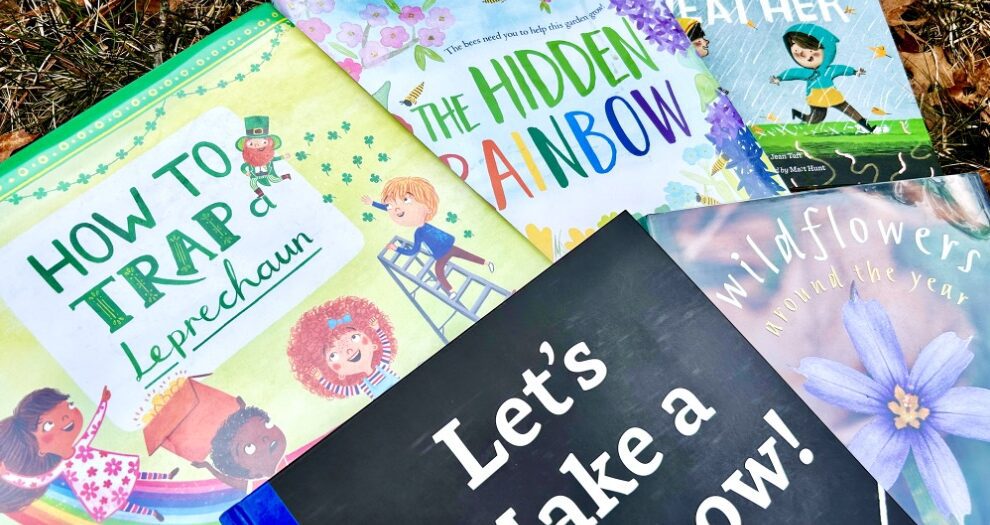
Picture Books
A List of 10 St Patty’s Day Picture Books About ScienceAre you looking for a way to spice up your St Patty’s Day celebrations while also getting the most out of your day? Picture books are an amazing way to learn about the world and can be an invaluable tool for introducing children to scientific skills and concepts. This list of St Patty’s Day picture […]

![Teaching with Phenology: How to Plan Your Science Standards Around the Seasons [Ep. 11]](https://www.naturallyteaching.com/wp-content/uploads/2024/07/teaching-with-phenology-header-990x630.png)
![Outdoor Learning Equipment for Schools and Homeschool Groups [Ep. 28]](https://www.naturallyteaching.com/wp-content/uploads/2024/11/outdoor-learning-equipment-for-schools-header.jpg)
![4 Turkey Day Activities and Books for Energetic Elementary Students [Ep. 25]](https://www.naturallyteaching.com/wp-content/uploads/2024/11/turkey-day-activities-and-books-header.jpg)
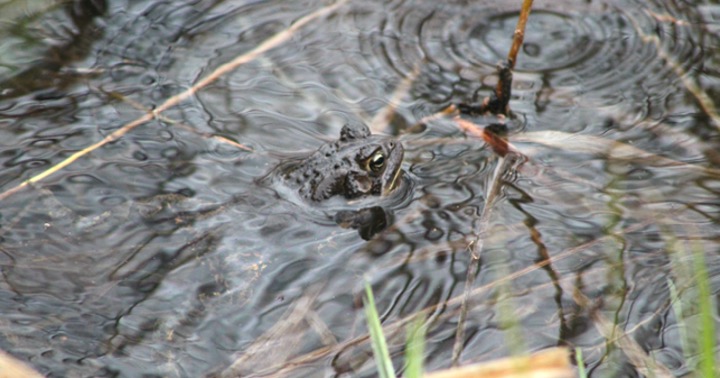
![Hibernation in Animals: 6 Dormancy Activities for Elementary Teachers and Homeschool Groups [Ep. 29]](https://www.naturallyteaching.com/wp-content/uploads/2024/12/hibernation-in-animals-header.jpg)
